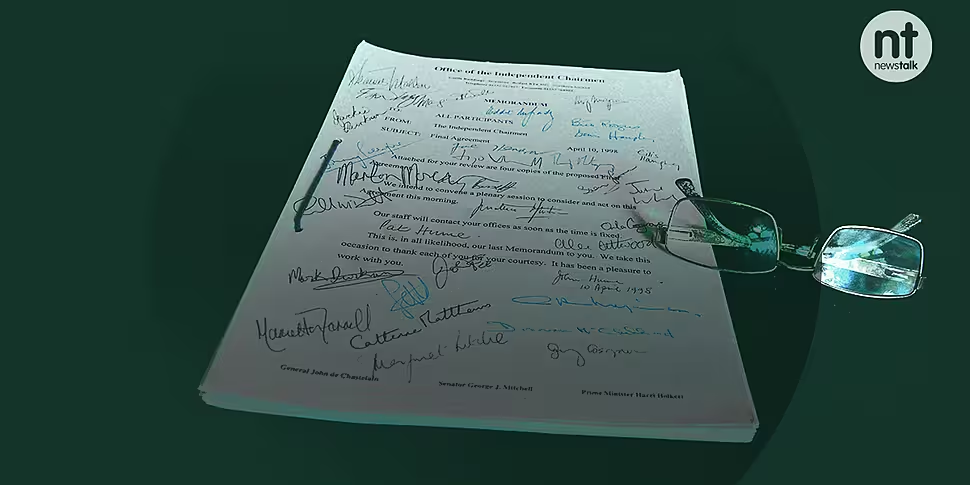Bill Clinton
Bill Clinton served as the 42nd President of the United States from 1993 to 2001.
Like Blair, Clinton pulled his party towards centrist policies and became known as a ‘New Democrat’ during his career.
Clinton presided over the longest period of peacetime economic expansion in American history; however, his second term in office was dominated by the Monica Lewinsky scandal which saw him impeached in 1998.
He was acquitted on both charges at his impeachment trial in the Senate the following year.
He became the first US President to visit Northern Ireland when he visited during a ceasefire in November 1995.
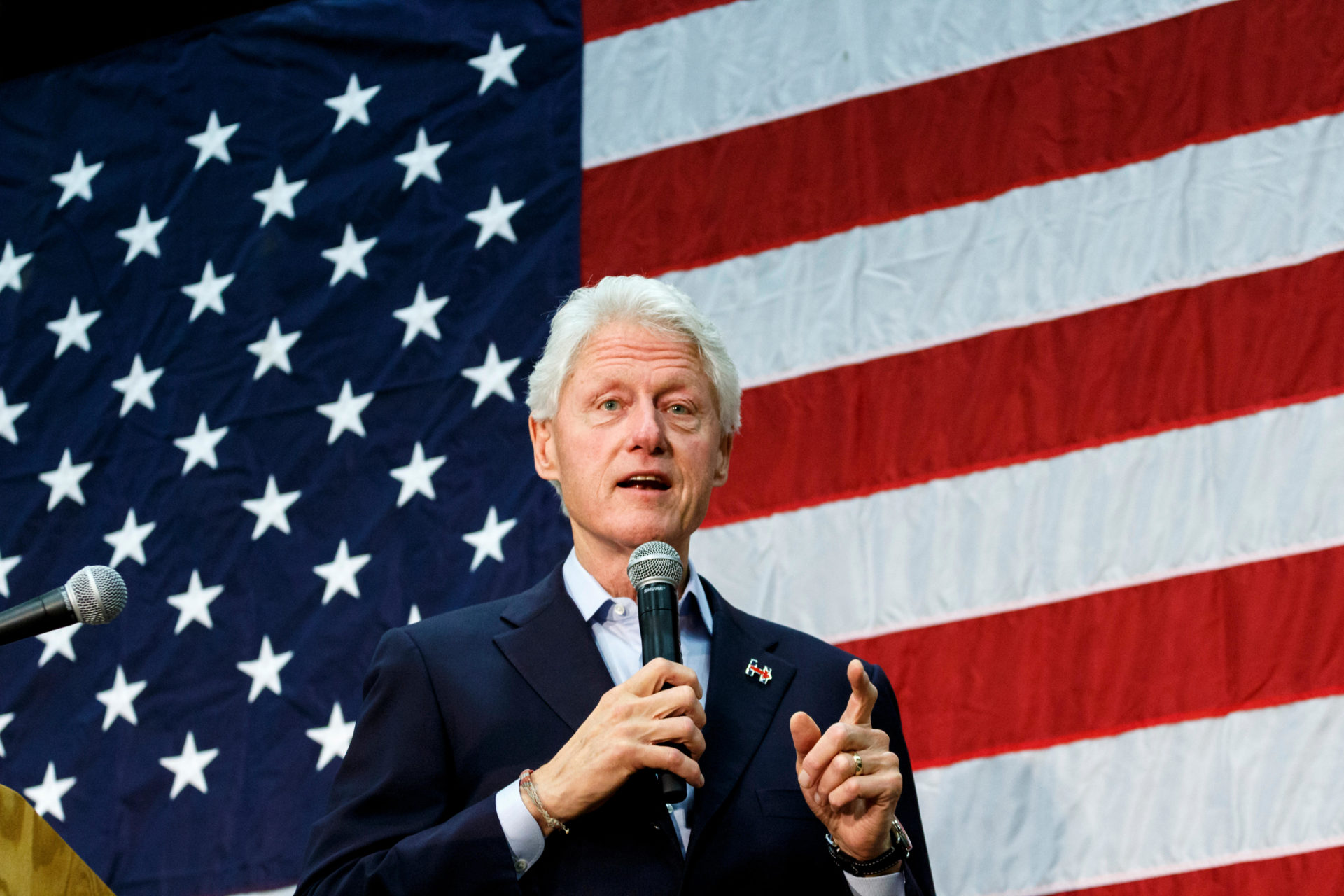 Former US President Bill Clinton speaks during a campaign rally for Hillary Clinton, 20-03-2016. Image: Jennifer Mack / Alamy
Former US President Bill Clinton speaks during a campaign rally for Hillary Clinton, 20-03-2016. Image: Jennifer Mack / AlamyTony Blair
Tony Blair served as the British Prime Minister for ten years between May 1997 and June 2007.
He swept to power with a landslide 179-seat majority in the summer of '97 after pulling the Labour Party towards more centrist policies as part of the so-called ‘New Labour’ movement.
He became the youngest British prime minister since 1812 – an honour he held until Rishi Sunak came to power last year.
He remains Labour’s longest-serving prime minister and the only person to lead the party to three consecutive general election victories.
He is widely recognised as having had a crucial role in pushing the Northern Ireland peace process forward
 Tony Blair gives a speech at the Royal Institute of International Affairs, 28-11-2012.
Tony Blair gives a speech at the Royal Institute of International Affairs, 28-11-2012.George J. Mitchell
Senator George J. Mitchell was appointed United States Special Envoy for Northern Ireland by President Clinton in January 1995.
He played a key role in the peace process, co-chairing the all-party talks which eventually led to the Good Friday Agreement.
Before entering the talks, each party had to agree to six ground rules that became known as the ‘Mitchell Principles’.
In early 1998, Mitchell gave all parties to the talks a deadline of Holy Thursday to find an agreement – warning that he would leave the process if they failed to do so.
The agreement was eventually completed one day after the deadline had passed.
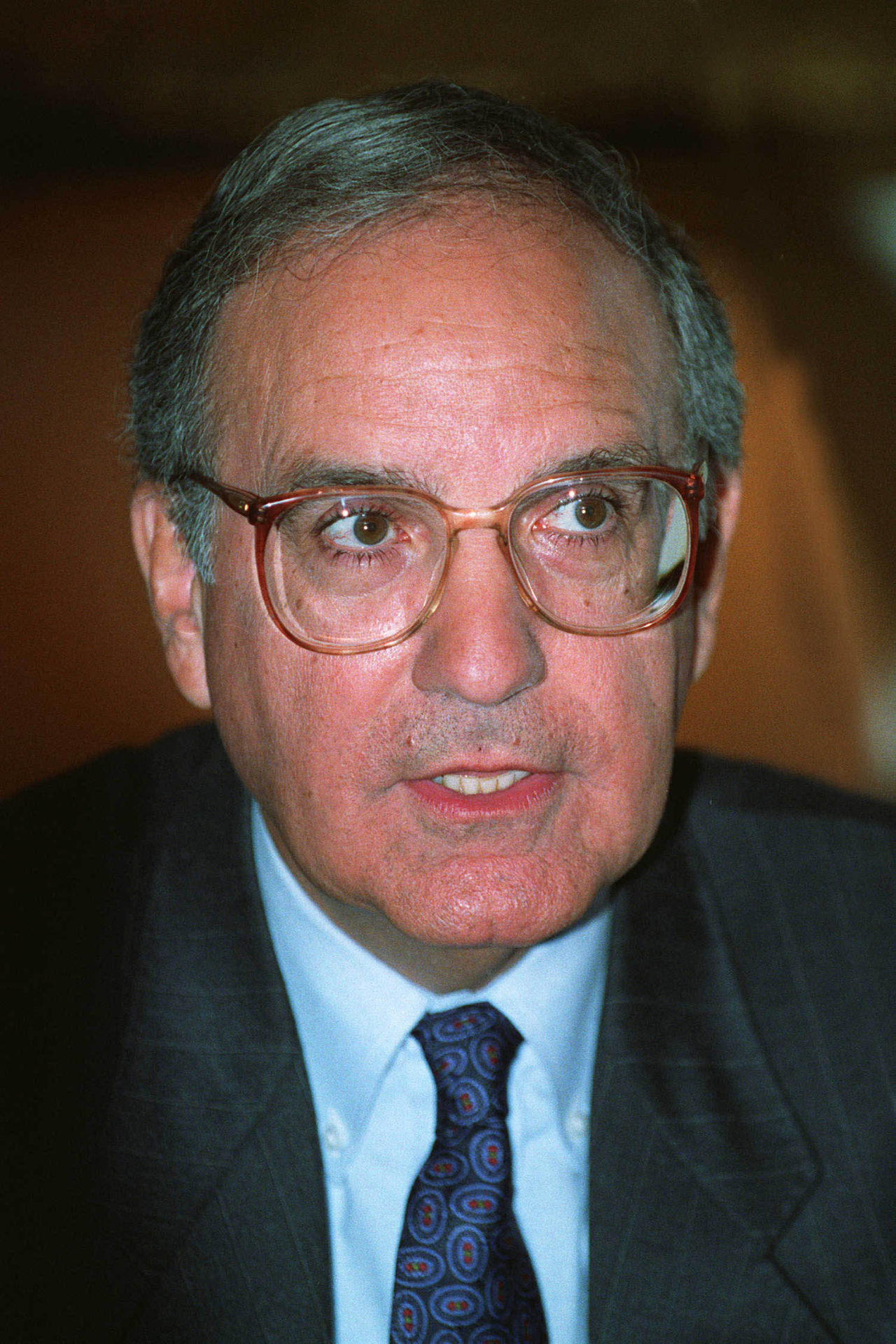 US Senator George Mitchell in May 1993. Picture by: Allstar Picture Library Ltd / Alamy Stock Photo
US Senator George Mitchell in May 1993. Picture by: Allstar Picture Library Ltd / Alamy Stock PhotoPeter Robinson, DUP
Peter Robinson was a founding member of the Democratic Unionist Party alongside Ian Paisley.
He was involved in Northern Irish politics for over 40 years, serving as Stormont First Minister from 2008 until 2016.
He served as DUP leader from 2008 until 2015.
Liz O’Donnell
The former Progressive Democrats deputy leader Liz O’Donnell served as a TD for Dublin South from 1992 to 2007.
When she was returned to the Dáil in 1997, she was part of the team that negotiated the Programme for the Coalition Government with Fianna Fáil.
She was then appointed Minister of State at the Department of Foreign Affairs and had a key role for the Government in Good Friday Agreement talks.
She has been chair of the Road Safety Authority since 2015.
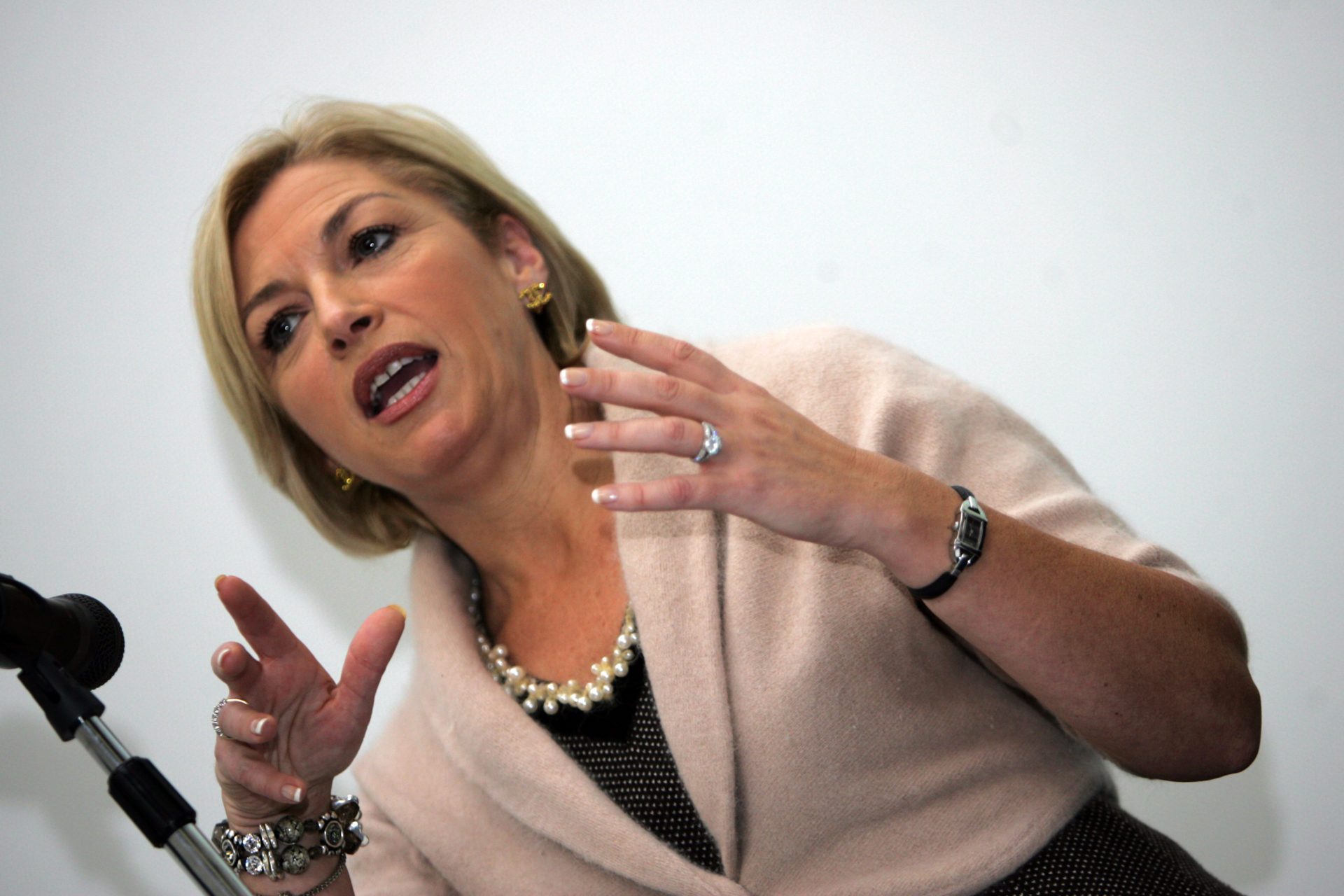 The Deputy Leader of the Progressive Democrats, Liz O'Donnell opens the National Conference of the Young Progressive Democrats in Dublin, 18-11-06. Image: Eamonn Farrell/Photocall Ireland
The Deputy Leader of the Progressive Democrats, Liz O'Donnell opens the National Conference of the Young Progressive Democrats in Dublin, 18-11-06. Image: Eamonn Farrell/Photocall IrelandDavid Andrews
Fianna Fáil TD David Andrews was the serving Foreign Affairs Minister while the all-party talks were ongoing and was one of four TDs on the Irish Government delegation.
He had two stints in the ministry over his career – one between 1992 and 1993 and his second from 1997 to 2000.
He served as a TD from 1965 until 2002.
Avila Kilmurray, Women’s Coalition
Born in Dublin, Avila Kilmurray has been living and working in Northern Ireland since 1975.
A prominent women’s rights activist, Ms Kilmurray was one of the women who occupied an empty Social Services building in 1997 to establish Derry Women’s Aid – the first shelter for women and their children as victims of domestic violence.
In 1996, she joined with Monica McWilliams and a number of women in setting up the Northern Ireland Women’s Coalition (NIWC) – a political party that crossed the sectarian divide and adopted a party platform based on inclusion, equality and human rights.
Monica McWilliams, Women’s Coalition
Another founding member of the Northern Ireland Women’s Coalition (NIWC), Monica McWilliams was one of two members of her party to be elected to the Peace Talks in 1996.
During the talks, she championed proposals on victims of the conflict, on integrated education and shared housing, the establishment of a civic forum and the right of women to fair and equal political participation.
She became a signatory to the agreement in 1998 and campaigned on the pro-agreement signed in the following referendum.
She served as an MLA for Belfast South between June 1998 and November 2003.
Dermot Nesbitt, UUP
Ulster Unionist Party (UUP) politician Dermot Nesbitt service as a member of the Northern Ireland Assembly (MLA) for South Down from 1998 to 2007.
Dawn Purvis, PUP
Dawn Purvis served as leader of the Progressive Unionist Party from 2007 to 2010.
Ms Purvis resigned from the party in June 2010 due to its links with the UVF (Ulster Volunteer Force), after the Independent Monitoring Commission linked the group with the murder of Bobby Moffet.
She served as an MLA for East Belfast from 2007 to 2011.
Mark Durkan, SDLP
Mark Durkan served as the leader of the Social Democratic and Labour Party (SDLP) from 2001 to 2010.
He was a key member of the party’s negotiating team in the run-up to the Good Friday Agreement and became and MLA for Foyle in 1998.
He served as Minister for Finance and Personnel until 2001 when he replaced Seamus Mallon as deputy First Minister.
Mr Durkan served as an MP for Foyle between 2005 and 2017 and in 2019 ran in the European Parliament elections for Fine Gael in Dublin.
Gary McMichael, UDP
Gary McMichael was the leader of the short-lived Ulster Democratic Party (UDP) during the peace process and is viewed as having played an instrumental role in organising the loyalist ceasefire in 1994.
Gerry Kelly, Sinn Féin
Sinn Féin policing spokesperson Gerry Kelly was a member of Sinn Féin’s eight-strong negotiating team in the lead-up to the Good Friday Agreement.
He was one of nine people found guilty of various charges Old Bailey attack of March 1973, which saw the IRA planting four car bombs in London.
In September 1983, he was involved in the Maze Prison escape and was on the run for three years before he was arrested by Dutch police in Amsterdam.
He was extradited to the UK in 1986 and released under the terms of his extradition in 1989.
He has been a Sinn Féin MLA for North Belfast since 1998 and is currently serving as deputy Chief Whip for the Assembly team.
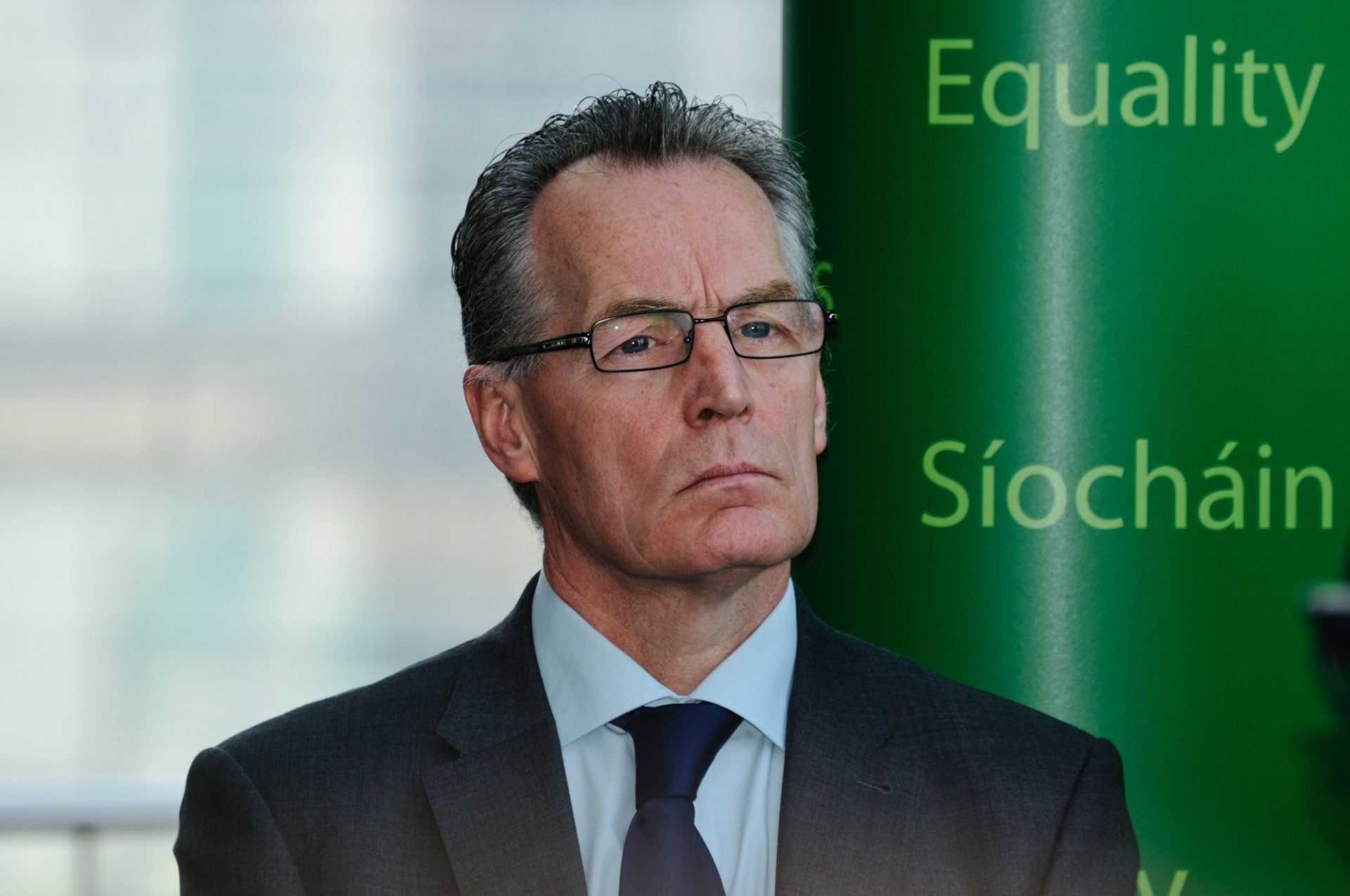 Sinn Fein MLA Gerry Kelly.
Sinn Fein MLA Gerry Kelly.Martin Mansergh
Martin Mansergh served as a Fianna Fáil TD between 2007 and 2011 – but played a key role in the party’s policy on Northern Ireland in the years before that.
While working in the Department of Foreign Affairs he was recruited into Fianna Fáil by then-Taoiseach Charles Haughey.
He served under three other Fianna Fáil leaders as Director of Research, Policy and Special Advisor on Northern Ireland.
Sean Farren
SDLP politician Sean Farren served on his party’s negotiating team in the run-up to the Good Friday Agreement.
He was an MLA for North Antrim from June 1998 to March 2007.
John Hume Jr, SDLP
The son of John and Pat Hume, John Hume Jr. Has spoken extensively about his parent’s legacy since their deaths in recent years.
His father John is widely regarded as one of the driving forces throughout the Northern Ireland peace process, winning the Nobel Peace Prize alongside David Trimble in 1998.
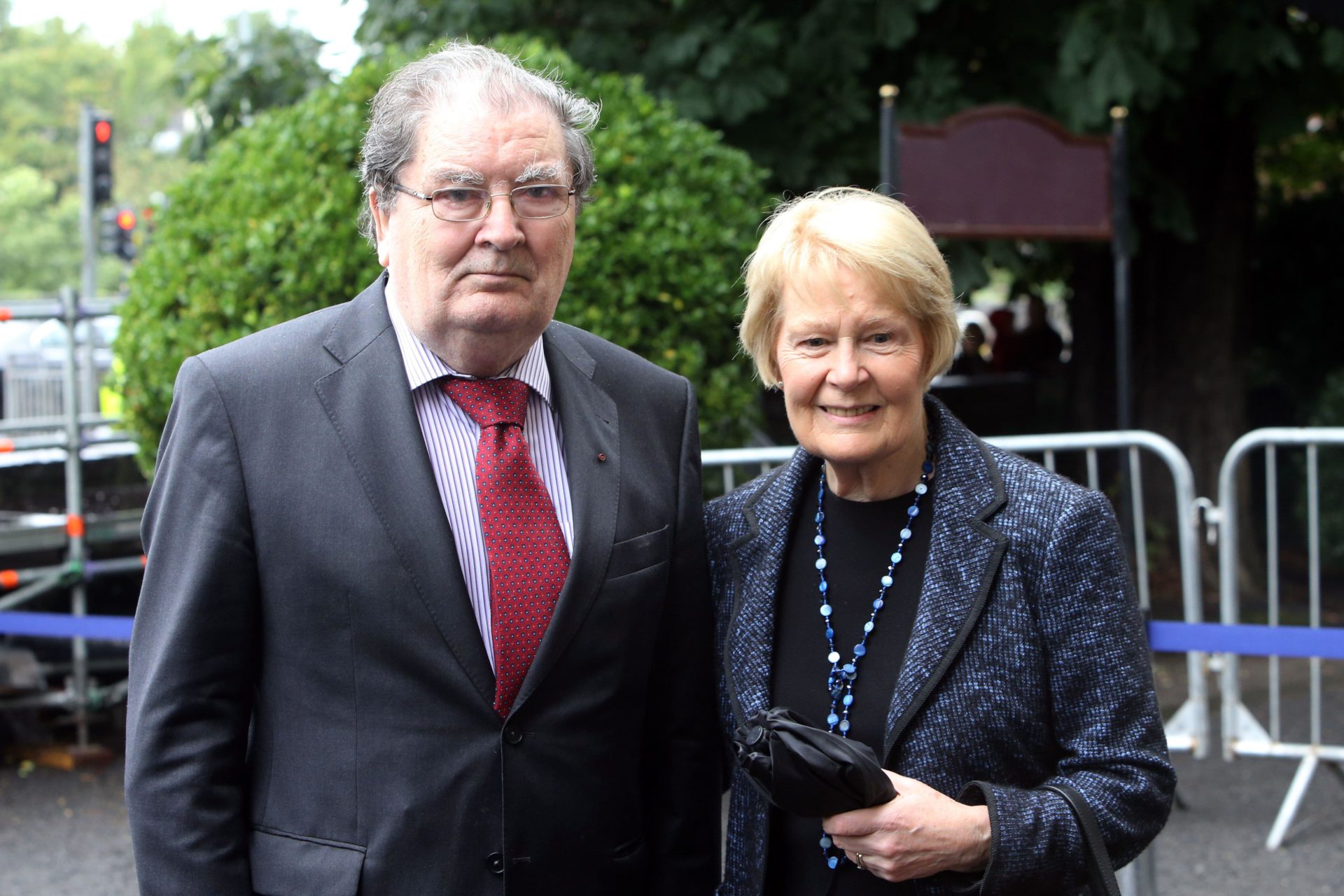 File photo of John and Pat Hume.
File photo of John and Pat Hume.John Alderdice, Alliance Party
John Alderdice was the leader of the Alliance Party during the talks that led to the Good Friday Agreement.
He was an MLA for East Belfast from 1998 until 2003, serving as House Speaker throughout that time and for a brief period after.
He was the Alliance leader from 1987 to 1998 and has sat in the British House of Lords as a Liberal Democrat since 1996.
Professor Chris Maccabe
Professor Christopher Maccabe is the former Political Director of the UK Government’s Northern Ireland Office.
He served with the Northern Ireland office from 1992 until 2008 and was heavily involved in negotiations with the North’s political parties, paramilitary groups and the Irish Government throughout those years.
Tim O’Connor
Tim O’Connor worked in the Irish Civil Service for most of his career, working in the Irish Diplomatic Service from 1979 to 2007.
Much of his work was focused on the Northern Ireland Peace Process and he was a senior member of the Irish Government Team for the Good Friday Agreement talks.
He also worked closely with Senator George Mitchell on the Review of the Agreement in 1999.
He served as Joint Chief of Staff for the North/South Ministerial Council from its creation in late 1999 until 2005.
Jonathan Powell
Jonathan Powell served as Downing Street Chief of Staff under Tony Blair from 1997 to 2007.
Throughout that time, he was also Britain’s Chief Negotiator on Northern Ireland.
As I Remember It
As I Remember It is a nine-part series that is now available on all streaming platforms.
Three episodes will be released each week throughout the run.
For bonus content including interviews, videos, an interactive timeline of the peace process and a full glossary of the key players head to newstalk.com/goodfridayagreement.
You can hear Episode One here:


